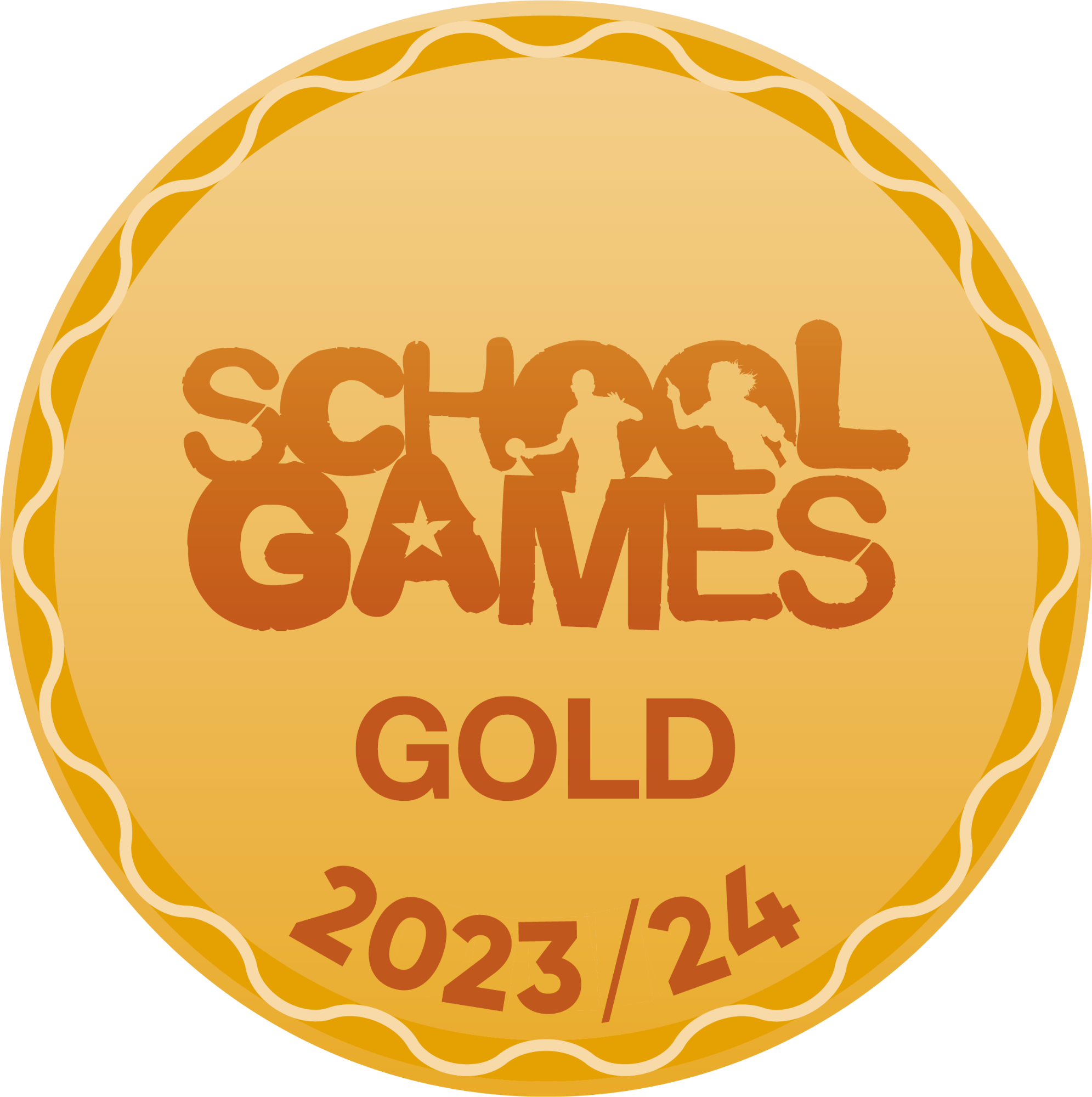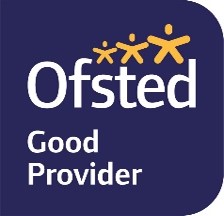Personal, Social and Emotional Development
Personal, Social and Emotional Development is a prime area in the Early Years Foundation Stage. This area is crucial for all children’s education and for them to lead happy and healthy lives. Children thriving in this area of learning also supports their development in all other areas of the curriculum.
The Statutory Framework for the Early Years states 'personal, social and emotional development (PSED) is crucial for children to lead healthy and happy lives, and is fundamental to their cognitive development. Underpinning their personal development are the important attachments that shape their social world. Strong, warm and supportive relationships with adults enable children to learn how to understand their own feelings and those of others. Children should be supported to manage emotions, develop a positive sense of self, set themselves simple goals, have confidence in their own abilities, to persist and wait for what they want and direct attention as necessary. Through adult modelling and guidance, they will learn how to look after their bodies, including healthy eating, and manage personal needs independently. Through supported interaction with other children they learn how to make good friendships, co-operate and resolve conflicts peaceably. These attributes will provide a secure platform from which children can achieve at school and in later life.'
What are the expectations in Reception and by the end of the year?
Throughout Reception the children are supported in reaching the end of year expectations. These are called the Personal, Social and Emotional Early Learning Goals.
By the end of Reception children at the expected level in Self-Regulation will:
Show an understanding of their own feelings and those of others, and begin to regulate their behaviour accordingly;
Set and work towards simple goals, being able to wait for what they want and control their immediate impulses when appropriate;
Give focused attention to what the teacher says, responding appropriately even when engaged in activity, and show an ability to follow instructions involving several ideas or actions.
By the end of Reception children at the expected level in Managing Self will:
Be confident to try new activities and show independence, resilience and perseverance in the face of challenge;
Explain the reasons for rules, know right from wrong and try to behave accordingly;
Manage their own basic hygiene and personal needs, including dressing, going to the toilet, and understanding the importance of healthy food choices.
By the end of Reception children at the expected level in Building Relationships will:
Work and play cooperatively and take turns with others;
Form positive attachments to adults and friendships with peers;
Show sensitivity to their own and to others’ needs.
Our approach to Personal, Social and Emotional Development at The Whiteoak Academies?
At the Whiteoak Academies we believe it is important to make time to get to know all of our children and their families individually. We adopt a personalised approach to education for every child who walks through our doors. Our enhanced transition programme at the start of the year has been designed to allow the time to really get to know our families. Alongside introductory parents evenings and a part time timetable for children, parents are provided with individual meetings before their child starts school in which we find out about the child’s history, likes, dislikes, family members and culture.
Once we have discovered individual interests we tailor our curriculum to reflect these. Within our over arching themes we will ask the children questions about their interests, what they would like to discover and encourage curiosity and wonder. We strive to ensure all children feel valued and listened to. Their education is shaped by themselves as well as by the teachers. Within our provision there are many opportunities for child-initiated play and exploration. For example, we have a fantastic courtyard area in which the children are encouraged to plan and build creations. We also have an outside area in which the children can sing on stage, explore water play, build and create obstacle courses and look after plants.
Our Reception classes and the early years environment have been designed to be calm and reflective spaces. We have adopted a natural colour scheme to ensure children are not over stimulated. Our classrooms are purposeful and set out in zones to provide the children with direction and support in their learning.
At the start of the year each class will work together to create a contract in which the children contribute ideas for classroom rules. We promote a strong ethos of kindness and encourage our young people to build constructive and respectful relationships with both staff and peers. Support and scaffold children in building solid relationships with friends All voices are heard and valued. We encourage the children to listen to others as well as staff and promote British Values throughout the year. We have high behaviour expectations and provide high levels of support in this if needed. We encourage children to express their feelings and consider the feelings of others. We model positive behaviour and highlight exemplary behaviour of children in class. We encourage children to express their feelings if they feel hurt or upset by using their communication skills and descriptive vocabulary. We also aim to provide children with the help and reassure they need when they are upset.
In our Reception classes the children also participate in Mindfulness sessions. These are short 10 minute sessions that allow the children to practise breathing techniques and strategies to help them stay calm and focused. This also aids their self-regulation.
Our staff also participate in training sessions throughout the year focusing on pastoral and PSED support. Some examples of training include; supporting self-regulation, additional needs, oral hygiene and safeguarding.
Here are a few examples of activities in school that support the development of Personal, Social and Emotional Development;
- Developing confidence and independence through activities within our provision - Each day the children will have access the adult led activities as well as independent activities set up in our enhanced provision. We believe independence is an essential skill for learning.
- Modelling practices that support good hygiene and independence - All children wash their hands before snack time and practices that support good hygiene are modelled throughout the day.
- Encouraging a healthy lifestyle. We highlight the importance of eating a healthy balanced diet and also discuss exercise and the importance of sleep. This begins in our first topic 'Marvellous Me' and runs throughout the year.
- Discussing safety, both in school and outside of school. Throughout the year we discuss safety with the class. This includes road safety, firework safety, bike/scooter safety. We also introduce the concept of 'a trusted adult' to the children and ensure they know who to talk to if they have any concerns or worries. We offer a NSPCC workshop later in the year.
- Self and peer assessment - We provide opportunities for children to tell each other about their work and play. This helps them to reflect and self-evaluate their own work. We also celebrate mistakes. We encourage the children to learn that mistakes are an important part of learning. We help children to set own goals and to achieve them.
- Social stories and small social groups - We use dialogic story time (talking about the ideas arising from the story whilst reading aloud) to discuss books that deal with emotional challenges.
- Celebrate individual achievements - We celebrate success, both in attainment and effort. These successes can be at home or school. We will often use 'show and tell' as an opportunity for the children to share their special news.
- Provide problem solving activities - This helps develop team building, resilience and problem solving skills.






